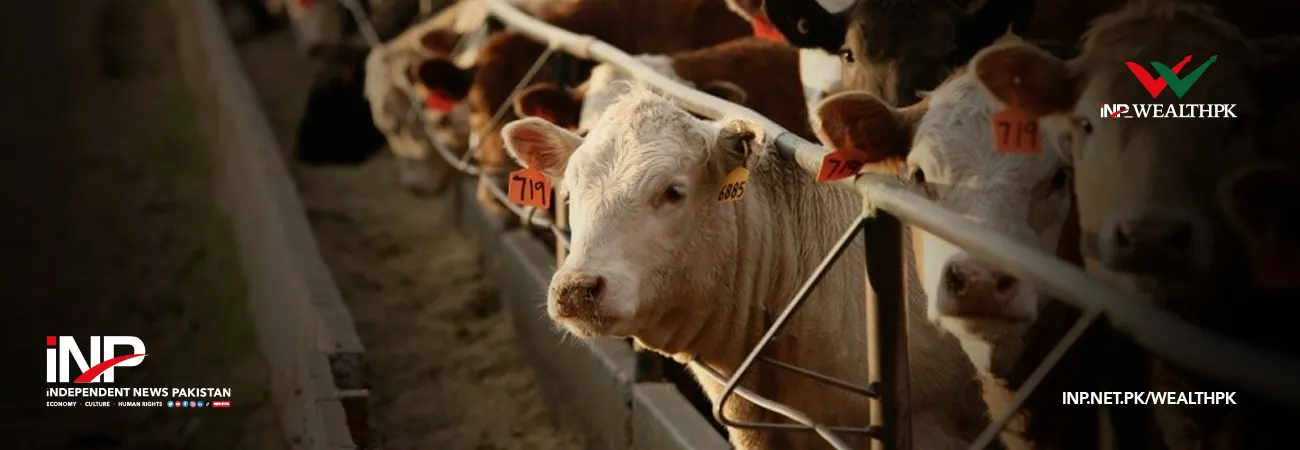INP-WealthPk
By Arooj Zulfiqar
Small livestock farmers’ access to credit has long been a critical factor influencing agricultural productivity, and introducing initiatives to increase their credit access is vital to agricultural growth and rural empowerment, Mr. Nurullah, Senior Scientific Officer at the National Agricultural Research Centre (NARC), told WealthPK. “Small livestock farming plays a crucial role in the rural economies of Pakistan and is a source of livelihood for millions of families. However, small farmers often face difficulties in obtaining credit, which limits their ability to invest in and expand their operations,” he said. He said, “Financial shortages prevent farmers, particularly small ones, from adopting new technologies early on. As a result, expanding agricultural credit at the grassroots level would be a significant effort towards rural and economic development.
“One way to improve credit access is implementing credit guarantee schemes. These schemes can offer assurances to the financial institutions, encouraging them to lend to small farmers who may not have the traditional collateral. By sharing the risk, these schemes make it more feasible for the lenders to support small livestock farmers.” He added, “Financial literacy plays an important role in the lives of many small farmers. Owing to a lack of knowledge, small farmers struggle with financial concepts and loan terms. To help them, financial education programs need to be developed and tailored to meet their specific needs. These programs can help small farmers make informed financial decisions, which can in turn improve their creditworthiness.
Considering the situation, the State Bank of Pakistan (SBP) has implemented various measures in the past six to seven years to improve the accessibility of credit to the agricultural sector. These measures have resulted in a significant increase in agricultural credit disbursements. However, despite these supportive measures, only around two million borrowers out of a total of 6.6 million farmers have been able to benefit from the agri credit. The majority of farmers, comprising 84% of the total, are small farmers who rely on the informal sector credit at high rates to meet their agri credit needs. The primary cause of financial exclusion of these small farmers is their inability to provide the banks with collateral. Therefore, the SBP has collaborated with the stakeholders to create a financing scheme based on group-based lending methodology, with the aim of promoting financial inclusion for small farmers.
According to the SBP, with a 25 percent impressive growth, the financial institutions disbursed all-time high Rs1.776 trillion under agriculture financing during the last fiscal year (FY23) amid the central bank’s efforts and PM's Kissan Package. Overall, the financial institutions have achieved 98 percent of the agriculture credit target of Rs1.819 trillion set by the State Bank for the last fiscal year. The outstanding portfolio of agriculture credit also registered a growth of 10 percent and reached Rs760 billion at the end of June 2023 compared to Rs691 billion at end June 2022. The disbursement of Rs1.776 trillion in FY23 is also 25 percent higher than agricultural financing of Rs1.419 trillion disbursed in FY22.
Credit: INP-WealthPk













